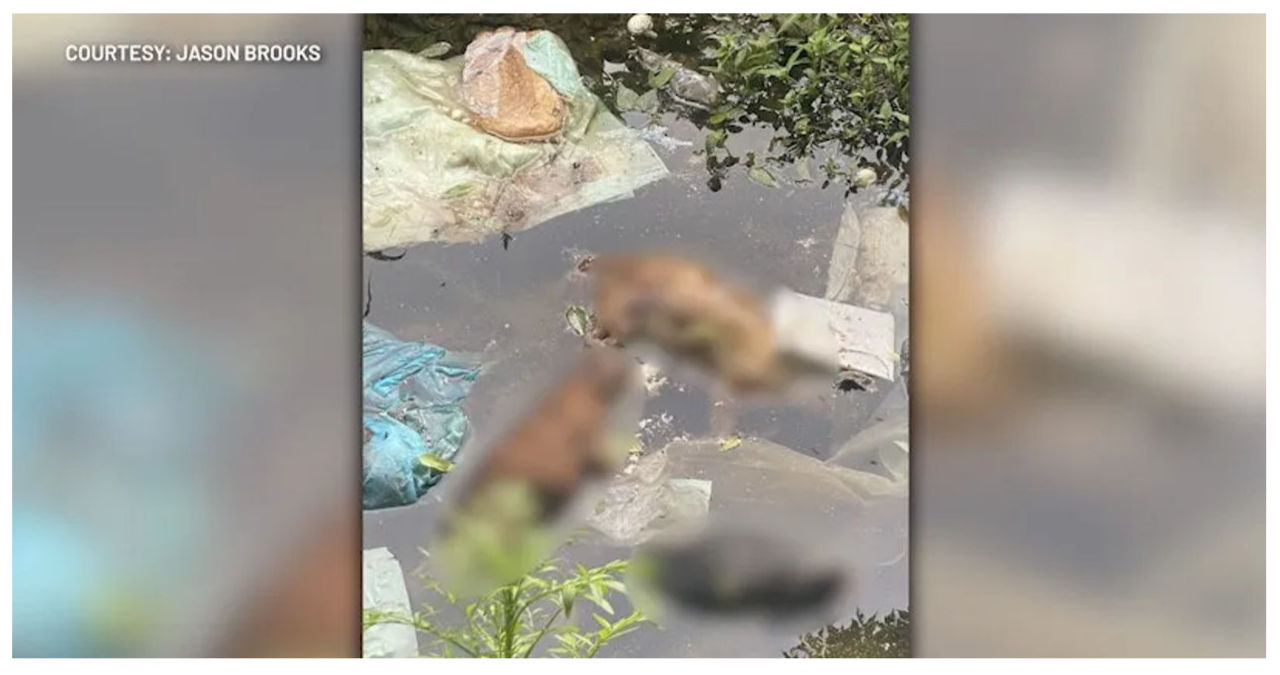The Texas Parks and Wildlife Department is advising individuals to take necessary precautions to safeguard backyard flocks after numerous instances of Trichomoniasis have been reported in doves throughout the state.
According to the TWC, the National Wildlife Health Center has confirmed that numerous doves across the state have tested positive for the infectious bird disease.
Trichomoniasis, a disease primarily affecting pigeons and doves, is caused by a single-celled parasite known as Trichomonas gallinae, as stated by the TPWD. It is worth noting that the infection can potentially be transmitted to finches and birds of prey that consume the remains of infected doves.
Infected birds may seem weak and have a fluffy appearance. They may also experience difficulty in swallowing or breathing due to the inflammation that forms plaques affecting their airways and esophagus. Officials have stated that food and water sources, including backyard bird feeders and birdbaths, can become contaminated by the mouths of infected birds.
The TPWD is advising people to follow proper biosecurity protocols to minimize contact with backyard flocks. If landowners observe sick or dead doves or pigeons on their property, it is recommended that they temporarily stop using bird feeders or bird baths until the affected birds have left the area.
Bird feeders and baths should be cleaned regularly to maintain their hygiene. It is advisable to use a mild solution of household bleach for cleaning purposes. After cleaning, make sure to rinse the feeders and baths thoroughly and allow them to dry before reusing them. The Texas Parks and Wildlife Department (TPWD) recommends periodic cleaning and disinfection of these items, even if there have been no sightings of sick or dead birds on your property. This proactive measure can help prevent potential disease outbreaks among the avian population.



